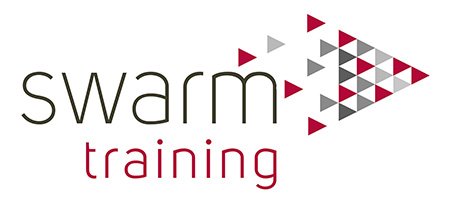
Payroll Administrator
Level: 3 / Duration: 16-18 mths
The role may be located within a business/organisation or in a payroll bureau, bookkeeping or accounting practice, or professional services company. The job may sit within the HR or Finance function.
This apprenticeship develops the skills and competences for Payroll Administrators.
Assessment
The EPA assessment period will last upto 4 months| Submit a portfolio of evidence of their best work |
| A knowledge test (recommended to be taken on the same day as the Professional Discussion) |
| Project Report with an associated Q&A |
| Meet with the independent assessor to have a Professional Discussion underpinned by the portfolio of evidence |
The training will enable your apprentice to:
- Gather, create and process payroll-related information to ensure employees are paid on time and accurately. This will be via payroll software, though it's use must be accompanied by the ability to perform this manually.
- Comply with legislative and contractual obligations
- Report payroll information internally and externally to deadlines
- Communicate effectively and appropriately with employees and relevant stakeholders
- Work to relevant ethical and professional standards in a legislative and regulatory environment that is constantly changing
Knowledge, Skills and Behaviours
We can provide you with a full list of the Knowledge, Skills and Behaviours which your apprentice will be taught and assessed on but as an overview, your apprentice will learn the following:
-
Business and Customer Awareness
The legislative framework surrounding payroll, employment and pensions
Devolution in the UK
The different types of workers in the UK
The different types of pay that exist (gross, taxable, National Insurance applicable etc.), statutory payments and deductions, Court Orders and the Construction Industry Scheme (CIS)
Real Time Information (RTI)
Benefits-in-kind
Gender Pay Gap Reporting
Gain familiarity, knowledge and an understanding of these core elements
Uses, Systems and Processes
Technical
Analysis, Data and Professional Scepticism
Communication and Engagement
Produces Quality and Accurate Information
-
Planning and Prioritisation
Analysis, Data and Professional Scepticism
Uses, Systems and Processes
Produces Quality and Accurate Information
Team Working and Collaboration
Communication and Engagement
Ethics and Integrity
Proactivity
Systems and Processes
-
Analysis, Data and Professional Scepticism
Communication and Engagement
OR
complete the form below
